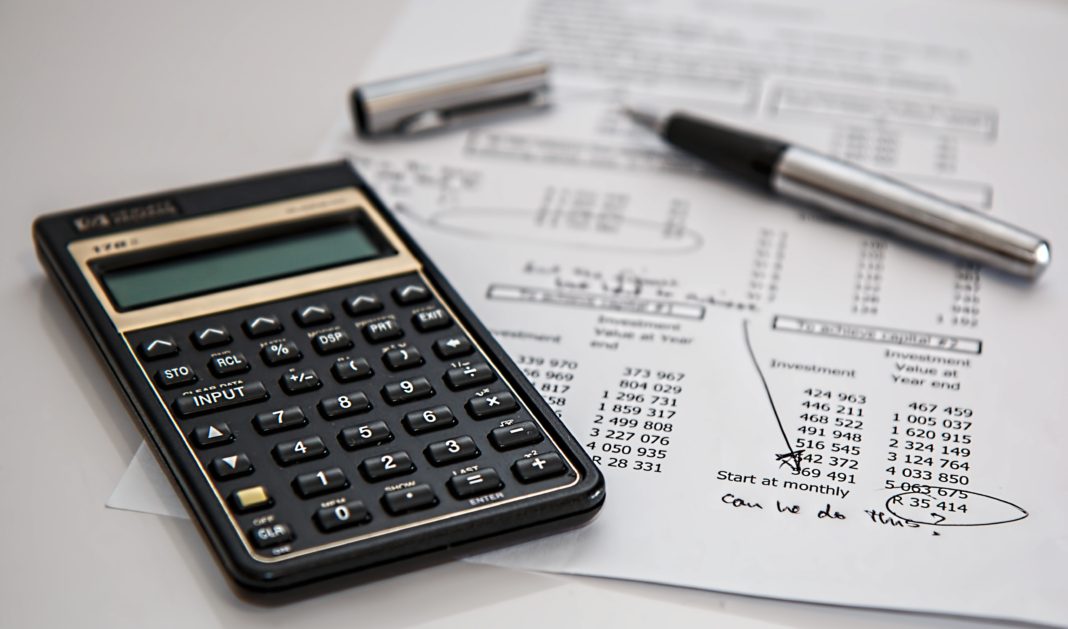No it is not that time of the year.
Each February the whole country is eagerly watching new channels to see what goodies Indian central government will roll out.
We wait for probably not to see how our government is allocating money but only how much more (or less money) would come in our hand
Yes, I am talking about the annual budget which central government presents in parliament. It is a once a year event that impacts each and every one of us. Most of us usually just stick to the income tax part of it.
We also use the ‘B-word’ quite often in our daily lives.
Most I have head is when you need a bargain!
“ Bhai/Bhaiya budget me nahi hai”
We say this to a car dealer when buying a brand new car
Or to the car dealer when buying a new car.
“Budget nahi hai”.
As per me it is most used underutilized word.
I mean we use it a lot but I know very few people personally who have a budget and they stick to it.
What is a budget and how does it even matter you say. I earn enough and save enough I don’t need a budget.
I would agree. But that is today. It is an unpredictable world and you should always know two simple thing if you need a well sorted finances
- How much money is coming in and
- How much is going out
Having a budget and knowing how money comes and goes out of your life is essential. I would rather say it is single most important steps towards Finzaadi or financial freedom.
Let me first give you 10 reasons why you should create a budget.
- Know how you earn and it sources-
You should list out all you incomes. My personal experience I only exactly know my salary when I am changing jobs and study various components of my CTC. Each year it then changes a bit and I lose track of it.
You need to know the in hand component and what is going in your PF and gratuity. Do not forget to add the perquisites like food card or any other expenses you claim.
Now I am giving example of salaried person but the same applies to any other profession. It is important to list doing exactly how much you earn from your primary source of income.
In this you add other sources if you have them. They can be-
- Interest you get from your bank deposits. Don’t forget to add the interest you get on saving account balance
- Rental income if any
- If you invest in stocks/Mutual, the dividend income or the capital gain/Profits you make.
- Income from any side business that you may have.
Put this all on an excel or a notepad (I know some people go to sleep even by just looking at excel sheetJ)
Have a look at total. You should understand two things from it.
- How much you are actually making in a year
- How vulnerable are you with the sources of income.
This will give tell you how at risk you are and how much money is at risk if you lose any of those income.
2. To track your expense
Now this step is a bit tougher than the earlier one. It will help you to track how much you are spending and more importantly where!
For this insight you have include each and every expense you incur each year. Yes don’t forget the early insurance premium or annually gym fees.
You can list out the details based on different head. I will provide a details expense sheet that can be used but for now look for these broad categories
- Fixed expenses- These are you EMI’s, rent that you absolutely have to pay each month
- Variable expenses – These expenses are regular in nature but the amount varies each month. You monthly Groceries is one example
- Discretionary expenses – This the expense you have which can be avoided completely. A visit to a mall, or watching a movie etc.
List out every little expense and see if the amount surprises you.
3. To see the gaps
If you are done with the first two steps now what you see is called a reality J
You will see a gap between you actual income and expenses.
It can be either a surplus in which case – good for you. But don’t start celebrating
If your expenses are more than what you earn. You are in deficit and have some fixing to do.
Having just you income and expense laid out will help you see where are you going wrong or if there are thing that you can improve.
If there are thing you can do to improve you income or expense that you can easily reduce.
It will help you see the risks that you are taking – for example if you EMI is very large considering your today income then potentially loss if your primary income can shake your financials in a very bad way.
4. To see how much you can invest
Difference between your income and expense if is a surplus is an amount that you can potentially invest. These investments will then work for you passively to earn income.
It will help you in seeing wasteful expenses and moving those towards long term investments.
Yes- you may have your SIP’s in place but they should always be increased with time and having a budget you can allocate any excess directly to your investments so that you don’t see that excess in your savings.
“If you don’t see it you will not spend it” – Pratik Uprit
5. It will help you set Goals
Once you know your situation it will help you with planning your goals.
“To know where to go you first have to know where you are” – Pratik Uprit
Budgeting provides you this information.
You then set out what to do next. You can prepare for short, medium and long term goals
- Goal can be to be debt free in next 1 year or have a 6 months expense worth emergency fund saved.
- It can be save down payment for your own house
- Or to pay off your Home loan
6. To see the Leakages
I think this is a very important benefit. Once you have everything in front of you eyes you can clear see wasteful expenses. Expenses are not evil. You earn to live a comfortable life and there is nothing wrong with spending money. However, spending money on things that don’t give you anything in return is stupid. For example –
- Subscription of streaming services you don’t even use. If you only watch Netflix then cancel the others.
- Late fees on payment – be it utilities or credit card.
- Gym memberships when you only watch the gym from outside when you pass by.
See for such things when you are budgeting and get rid of it NOW!
7. To face the Reality Today
Budgeting is a like a time machine. Buy just looking at the sheet of you expense and income you can see the future.
You can be either satisfied or you would say ‘I am in Trouble’.
But the good things are, you get an opportunity NOW to fix and make a change. You can protect your future self and family in getting into financial trouble.
Imagine know now that you will not have enough when you retire – now rather when you reach 50 or 55 when you can do very little to change anything.
It is like a super power if you use it!
8. To know the bare minimum you need to survive
Have a look at your expenses and think. What are the things I can live without?
You probably would have to pay the EMI’s or rent. You will have to provide for food and clothing – basically all the needs.
But then needs change with time. Having good internet was not a need in fact was a luxury few years back but now is a necessity for many.
So think about it and find out what all things you absolutely need to spend. Add them up.
This is the bare minimum amount you and your family need.
It is enlightening to know this amount as it helps in ensuring you have sufficient buffer at all moments of life.
9. To know if you are Financially Fit
Well do you have the financial muscle? Are you financially fit or you need help.
Just like you physical health balance is everything. Budgeting is having a look at you tummy – it give you an idea if you are fit or you need to fix anything.
Like you balance what you eat and if you ate more you try to burn the calories.
If you are working from home (like these days) and need to go slow on those Gulab Jamuns!
It is all about balance!
Budgeting helps you stay in budget. If your income reduces then reduce expenses or if you know expenses will rise then find ways to grow your income.
Always be financially and physically fit.
10. Guilt free Spending
When you create a budget ensure you have expenses aligned towards you goals. Once you know that you are spending right and investing enough you will spend money guilt free. You should not feel any remorse going for a movie or worse spending on those exorbitantly priced popcorn’s. Go ahead add a Samosa to the order also please because you spending are aligned to you goals.
So there you have it. 10 benefits of having a budget. It is a key step to achieving Finzaadi and Financially stability.
I will follow-up with different types of budgeting and some tips so stay tuned!












